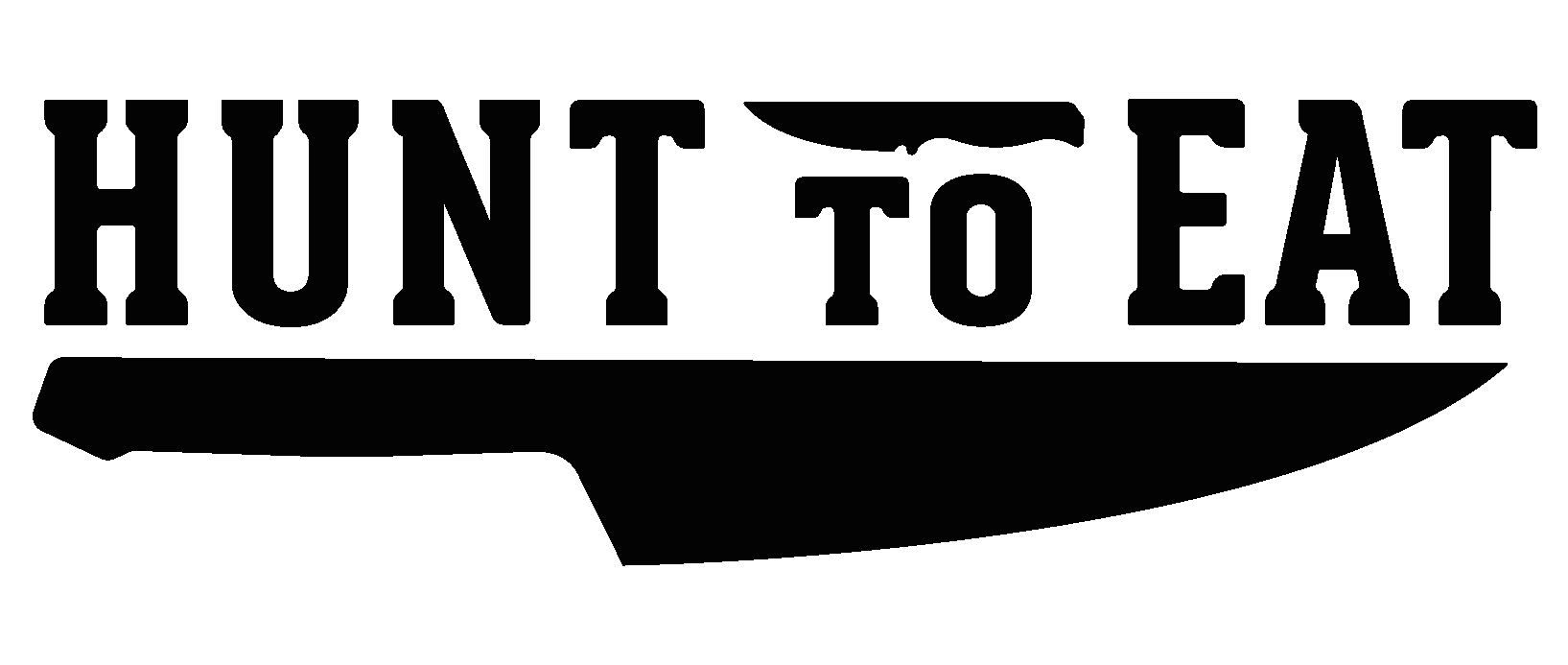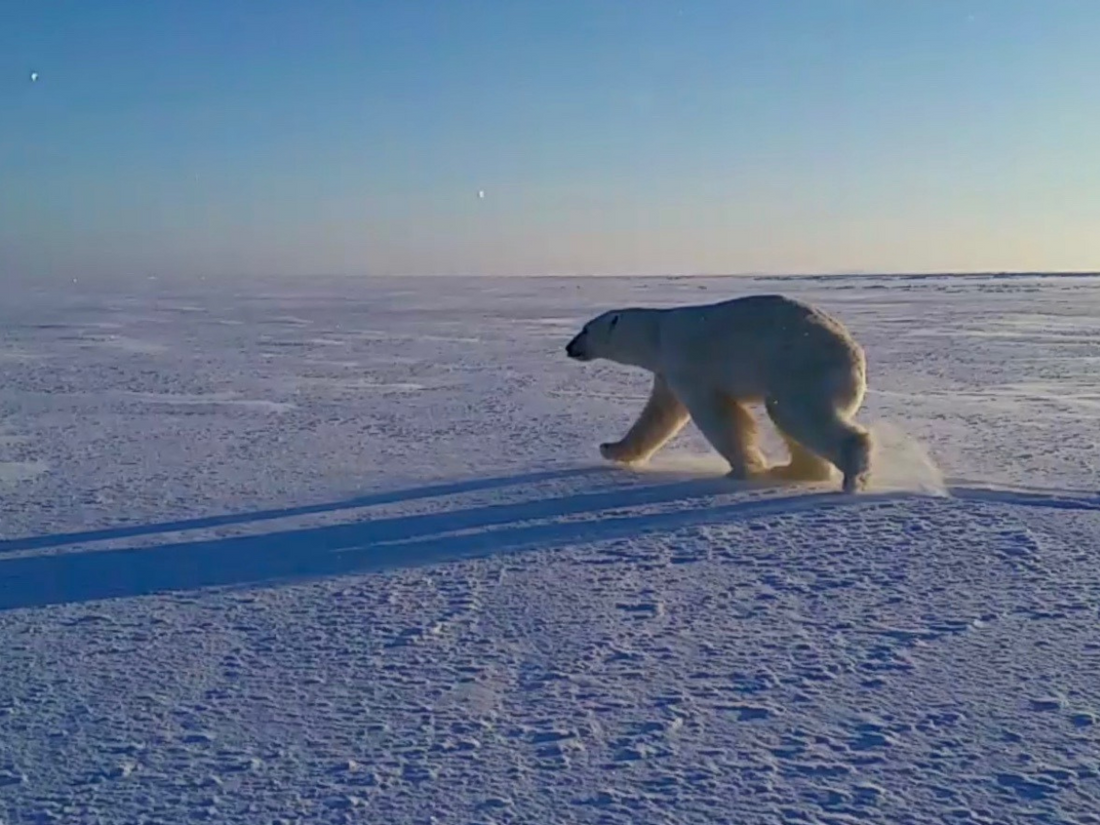By Garrett Boudinot, Paul McCarney, and Gabby Zaldumbide
In response to the COVID-19 pandemic, China banned the consumption of wildlife. While the media focused on the impacts to wildlife farming and trade, the policy also bans wildlife hunting. In the words of Humane Society International’s China policy specialist Dr. Peter Li, “There will...be no less severe of a disease risk from wildlife consumption in five years’ time, so anything short of a permanent and comprehensive [wildlife consumption] ban is still a risk too far.” A recent paper highlighted how this Chinese policy disproportionately impacts communities who rely on wildlife as an important source of food, especially Indigenous and marginalized communities. It raises important questions about the need for policymakers to consider the social impacts of wildlife policy. It also encourages us to think about the need for hunters to consider the social implications of the policies we advocate.

Author Paul McCarney holding a ptarmigan in Labrador, Canada. Labrador is projected to experience increased winter temperatures of 7.3 degrees C by mid-century which will have severe implications for ptarmigan and other wildlife species.
While the United States and Canada are far from implementing policy like China’s, the climate change-driven increased risk of zoonosis, or human illness from contact with wildlife, could generate a need to reduce wild game consumption, potentially leading to restricted hunting opportunities in the future. In our case, the same social implications would hold true: rural, Indigenous, and other small communities could be disproportionately negatively impacted by policies that restrict human-wildlife interactions. Because hunters actively seek out wildlife-human interactions, we have a unique role, and ethical responsibility, to ensure both public safety and equitable access to wildlife resources.
As hunters, we can help public safety efforts and safeguard our own continued access to wildlife resources by addressing larger-scale environmental issues such as climate change. Making an effort to decrease the impacts of climate change would reduce the threat of future zoonotic diseases. Additionally, if hunters took more of an active role in addressing climate change, it would emphasize our common ground with non-hunters and help mend the politicization of hunting, ensuring its protection for future generations. Dialogue and collaboration among hunters and non-hunters is key for reaching our long-term goals, like healthy wildlife populations and continued access to hunting opportunities. Hunters can help facilitate this needed dialogue.
By promoting conversations between stakeholders and land managers to disseminate safe practices and continuing to advocate for wildlife and environmental conservation, hunters can ensure effective and equitable wildlife policies.
Climate Change’s Threat to Hunting
Globally, humans have decreased the amount of wilderness to increase agricultural production and urban development. Combined with climate change, this is increasing the development and spread of COVID-like zoonotic diseases. Decreased wildlife habitat forces wildlife to interact more with human environments like suburbs and cities, which makes the spread of animal diseases to humans more likely. In addition, warming global temperatures increase the prevalence and global distribution of vectors, or disease transmitting species. Insects are the most common vector because they effectively pass many viruses and parasites from wildlife to humans, like malaria.
While these are threats to humanity at large, the cultural practice of hunting is particularly threatened by climate change. Less wild space and degradation of the remaining wild spaces leads to fewer animal numbers, less healthy animals to harvest, and increased risk of receiving vector-borne illnesses while outdoors. Hunters represent the crossroads of humans and wildlife as we spend time in wildlife habitat and directly consume wildlife meat. Policies like China’s recent ban on wildlife consumption may not be unrealistic for other parts of the world to implement, especially where policymakers are looking for options to decrease wildlife-human interactions as a way to mitigate the risks of disease transmission to humans.
The most effective solution that addresses the root of the issue is to reduce the alteration of wild ecosystems and reduce the various impacts of climate change, including warming global temperatures. A number of hunting organizations are doing great work to push for local, national, and international action to stop climate change. We support policymakers, leaders, companies, and other organizations that take climate change seriously. Our most effective way to fight climate change is by supporting top-down approaches towards reducing greenhouse gas emissions, reducing deforestation, and actively pulling greenhouse gasses out of the atmosphere.

The Politicization of Hunting
Ensuring that hunting opportunities aren’t diminished in response to zoonosis doesn’t just require solving physical problems like climate change - it also requires solving social problems, like the political divide in support for hunting. Much of that divide is likely related to the growing ideological split in the US between rural and urban communities, and a growing trend toward increased political polarization more broadly. The issue here is that even though many of us see hunting as an outlet for conservation, for nourishment, for time with family and friends, and for a release from the overly-politicized goings-on, the act itself is wrought with interpretations and opinions that are undoubtedly politicized, which makes it even harder to then ensure effective political enactment in its support.
While it’s beyond our capacity to fix the growing political divide in the US, we can use insights from psychology and philosophy to advocate for hunting in a bipartisan fashion. How we frame hunting can play a big role in how others perceive it - when we focus on cultural traditions, sustainable meat, and a connection to the outdoors, we convey hunting as an important part of non-partisan American identity and culture. When we highlight the role that hunters play in conservation, the importance of hunting for environmental issues becomes more clear. Even making non-hunters aware that the majority of conservation funding is derived from hunting and fishing licenses and equipment sales can go a long way in building bipartisan support.
However, even careful framing in this context will not appeal to all groups. We each have our own set of goals, ethics, and personal experiences. We should meet people where they are, listen and identify their perspectives, and engage in conversations that speak to their existing priorities, rather than expecting them to immediately see our point of view. Studies highlighting the social justice implications of hunting and wildlife policy provide evidence for a social, rather than purely environmental, framing that can appeal to both conservative and liberal principles - particularly by appealing to their particular basis of morality.
Ultimately, the way we frame our discussions about hunting and wildlife will be perceived and received differently by various audiences. While hunters see hunting as an activity rooted deeply in our cultures and identities, it might also be helpful at times to de-emphasize the moral arguments about hunting because these can lead people to become further entrenched in alternative moral arguments and related political allegiances. Instead, when speaking about hunting with a broader non-hunting (and especially anti-hunting) audience, it might be more productive to frame hunting as a management tool within a portfolio of wildlife management strategies, rather than as a matter of morality or rights. Changing the way we frame our discussions does not lessen our own personal convictions; it only opens up opportunities for us to communicate meaningfully with others who have different personal convictions.

Conversations towards Solutions
Ensuring equitable access and public safety in light of growing zoonosis risk requires a level of stakeholder engagement, dialogue, and knowledge sharing that the hunting community is certainly capable of, but that can often be overlooked. Hunters should continue to engage with our local wildlife management offices, our state wildlife management agencies, private landowners, and non-hunting communities to not just advocate for the importance of hunting, but share knowledge and resources to ensure that we’re hunting in the most safe and sustainable way possible.
The concerted efforts across state lines and within regional communities to address Chronic Wasting Disease (CWD) is an example of how continued outreach, education, and enforcement can lead to shared knowledge of best practices that reduce public safety risk, even in light of daunting challenges and scientific uncertainty. CWD remains (and in many places, is increasing as) a serious wildlife management concern, and potential human safety concern. But the years of persistent outreach and engagement by wildlife managers and scientists have empowered the hunting community to move forward with our harvest in a safe manner. The framing of the issue, including the associated uncertainty, has generally bypassed the potential partisanship of government oversight. Sure, it means we have to change some of our practices - some units require mandatory testing, or specific rules for carcass handling - but thanks to the engagement and dialogue, we’re able to use these as tools to ensure safe harvest, and continued harvest, in spite of growing CWD concerns.
In short, hunters, wildlife managers, and communities have come to see CWD as an issue that we need to deal with collaboratively so that we can maintain healthy wildlife populations, access to hunting opportunities, and public safety. Can you imagine what might have happened if CWD had somehow been divided along political lines and become an obstacle to hunters and non-hunters working together to deal with the issue? This is the challenge we face with issues like climate change. As long as we focus on the short-term political divisions of climate change, we are distracted by individual environmental issues that are caught in the crossfire, and we are prevented from doing what is best for the long-term protection of hunting, wildlife, and people.
The use of a similar model to North America’s CWD response, one that brings scientists, local land stewards, wildlife managers, hunters, and recreationalists together to share information and find practical solutions, will be critical as the risk of zoonotic disease increases and as, hopefully, a new generation of hunters takes the reins. Importantly, this dialogue towards solutions needs to be multidirectional - not just “ask people what they want and go with that,” because we hunters also need to hear from scientists, wildlife researchers, and policymakers on how we fit into the bigger picture. A facilitated and engaged dialogue will allow everyone to share their knowledge and play their part in the solution to the greatest extent. And if, like with CWD, we have to adjust our practices to keep ourselves and our communities safe, we can do so knowing that we’re being part of the solution.

Conservation Solutions
Many of us are already fighting climate change, improving wildlife habitat, engaging with policymakers, protecting access to wildlife, and sharing knowledge in a non-partisan way - we just call it conservation. We should continue to support conservation groups through donations, volunteering, advocacy, and outreach. If you’re reading on Hunt to Eat’s website, you’re clearly engaged with conservation. But let’s not take this lightly - conservation is a major avenue for advancing the kind of work that will ensure thriving wildlife habitat, healthy wildlife populations, and continued access to hunting opportunities.
The encroachment of humans into wild spaces, which increases the risk of zoonosis, can be directly addressed by protecting and expanding wilderness areas, wildlife habitat, and fighting climate change through conservation programs and policies. We should continue to be champions of conservation broadly, in scope and geography, by supporting other dedicated conservationists, great conservation organizations, policymakers who support conservation, and companies who make conservation a central focus of their mission (like, well, Hunt to Eat).
If conservation groups continue to push for wildlife habitat and climate change solutions, animal disease will be less likely to spread to humans, wildlife management agents will be better equipped to monitor and mitigate wildlife-born illness, and hunters will have a seat at the table to ensure that we maintain access to the wildlife resources we depend on. We will also ensure that when we do sit down at that table, it will be to enjoy many meals of wild game for years to come.
Enjoy this article? Support us by finding your new lucky tee at Hunt to Eat.


